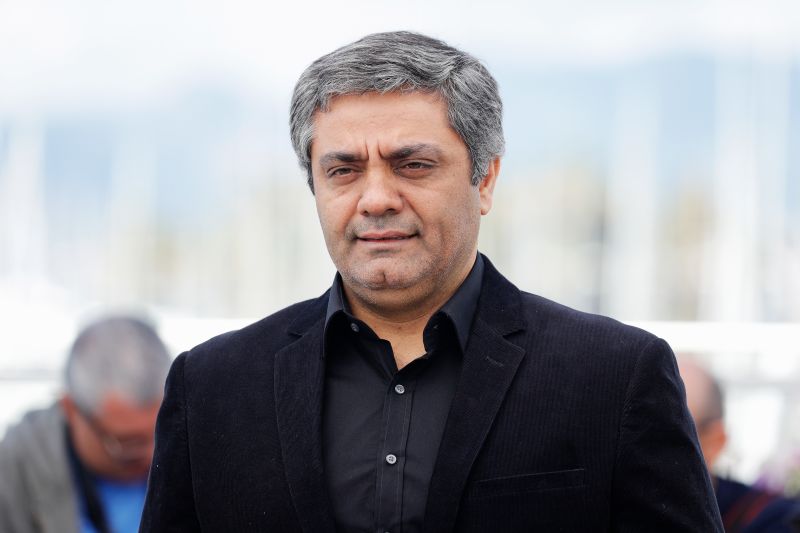 Victory Day, a major holiday in Russia that commemorates the surrender of Nazi Germany in 1945, is traditionally seen as a time of national unity. However, this year’s festivities have been overshadowed by budding social and political tensions within President Vladimir Putin’s government.
Victory Day, a major holiday in Russia that commemorates the surrender of Nazi Germany in 1945, is traditionally seen as a time of national unity. However, this year’s festivities have been overshadowed by budding social and political tensions within President Vladimir Putin’s government.
One key area of unrest is with the Russian opposition. The opposition, led by figures like Alexei Navalny, have been gaining momentum in recent years. They criticize Putin’s handling of domestic issues including corruption, poor economic growth, and political repression.
Economic instability is another source of tension. The national economy has been under severe strain due to the effect of Western sanctions, falling oil prices, and the COVID-19 pandemic. Ordinary Russians are feeling the pinch, with many struggling with lower living standards and poverty. This crisis is causing discontent and anxiety among a segment of the population who had previously supported Putin’s regime.
In addition, cracks are appearing in Putin’s administration itself. Recent months have also seen high-profile defections and public disagreements among top officials, signs of uncertainty and potential instability within the Kremlin’s corridors of power.
Finally, increased repression has also been a significant source of tension. Putin’s regime has increased security measures, tightened control over the media, and stepped up persecution of opposition figures. While these measures may have solidified Putin’s power in the short term, they have also resulted in international criticism and have the potential to further destabilize Russian society.
Despite these challenges, Putin remains a dominant figure in Russian





